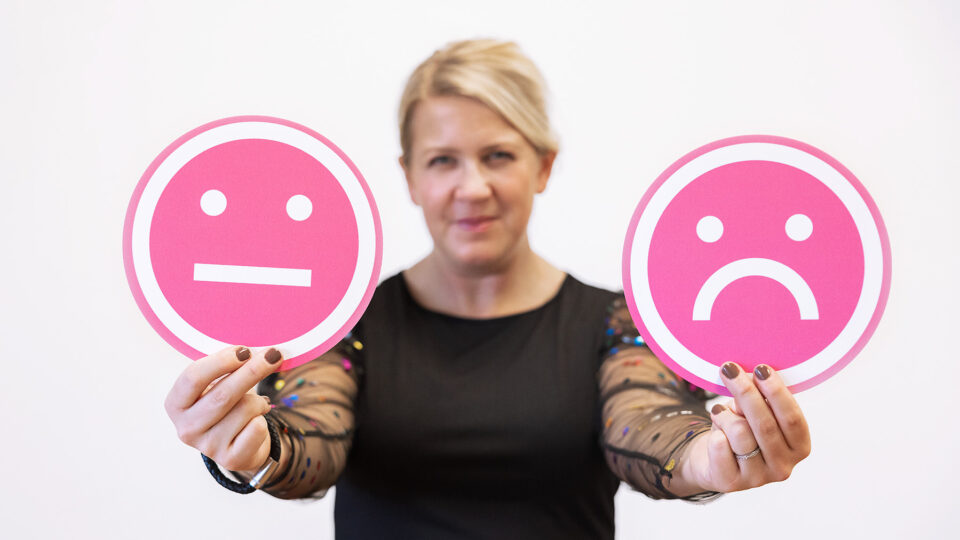
Leadership Development and 360 Feedback at Billerud: A Journey Toward Sustainable Leadership
By Hanna Bergh

By Hanna Bergh

By Brilliant

By Brilliant

By Malin Hising

By Brilliant

By Brilliant

By Brilliant

By Brilliant

By Brilliant

By Brilliant

By Brilliant

By Brilliant